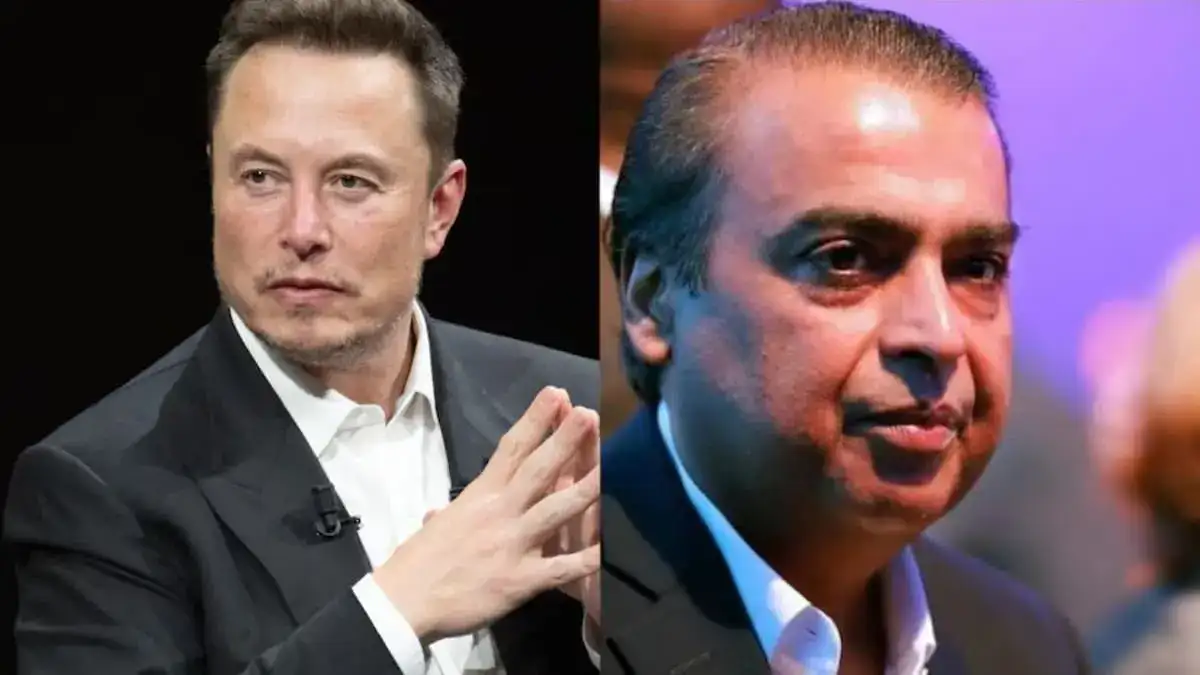New Delhi: One of the biggest collisions building up between two of the billionaires are Elon Musk and Mukesh Ambani, on how India must allocate spectrum in the satellite communications area. The Indian government has recently approved satellite spectrum through administrative means rather than auction, that marked the flag-off for one of the fiery debates in the telecom sector of India.
Elon Musk is the CEO of Starlink, went against the auction process, widely supported by Mukesh Ambani’s Reliance Jio. Satellites should not be auctioned, he said, like mobile spectrum as it clashes with international practices adopted by the ITU. Satellite spectrum needs to be shared rather than sold to make it fair and efficient in use, according to Musk.
On the contrary, Reliance Jio feels the world of satellite spectrum should be auctioned off to ensure level playing field competition, especially if companies like Starlink are going to offer voice and data services, further evoking competition with other existing telecom providers. Mukesh Ambani has asked India’s Telecom Regulatory Authority (TRAI) to reverse their decision and push for the auction process.
Bharti Airtel boss Sunil Mittal supports Jio’s stance on this issue. He, too, holds the view that satellite operators must also comply with the same norms as the other telecom players-means procurement of spectrum through auctions.
India’s communication minister Jyotiraditya Scindia defended the move saying that India is following international norms by opting for administrative allocation, which he said was a more effective method compared with an auction for satellite communication.
The debate is so because at a time when the satellite internet will play a major role in India’s future, the Indian satellite broadband market is set to balloon manifold as the market is expected to grow to an estimated USD 1.9 billion by 2030. Starlink, Musk’s satellite internet venture, could revolutionize access to internet in rural areas, which lack reliable broadband services at present. Starlink’s ability to use low Earth orbit satellites means that it can offer high-speed internet without necessarily requiring extreme amounts of ground infrastructure.
Musk welcomed the step taken by the government in facilitating the allocation of this spectrum administratively, saying that it would ease Starlink’s entry into India and offer much-needed fast internet connectivity, particularly in underserved regions that have been plagued by slow internet speeds for a long time.





